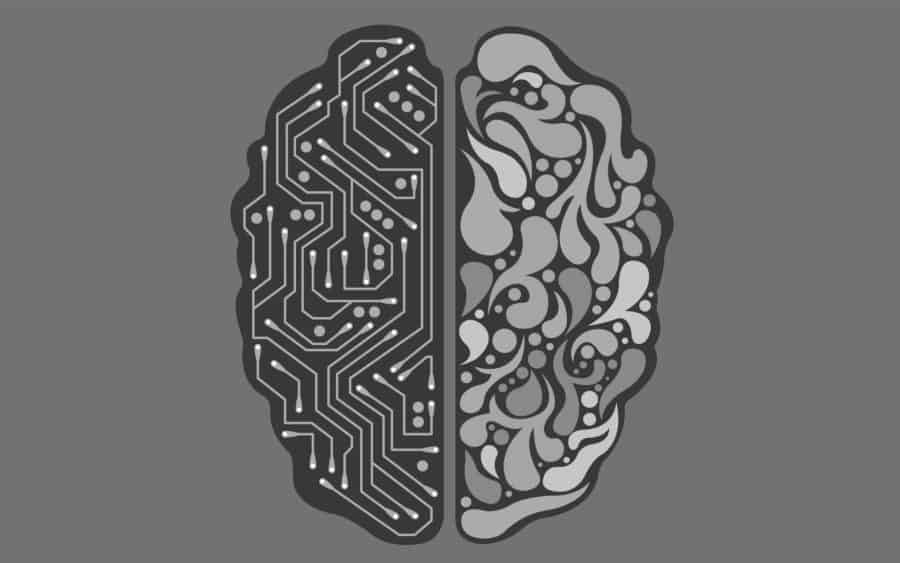Early indicators say yes.
Yesterday afternoon I had the pleasure of serving as a moderator at the American Bar Association’s 2019 National Symposium of Technology in Labor and Employment Law. I moderated a panel of three brilliant lawyers talking about Artificial Intelligence in the workplace. And, as those of us in attendance learned, it’s a brave new world out there.
A picture of the panel with me on the right looking mildly bewildered.
If you are like me, before being invited to attend this panel, I was not really aware that companies were using or dabbling in using AI in recruiting and hiring. However, late last year various news outlets reported that Amazon had been using Artificial Intelligence in its recruiting. By the time the news broke, Amazon had scrapped the program because, unbelievably, it was discriminating against women! Kudos to Amazon for doing away with a bad program but there are not doubt others out there doing the same thing.
May companies offer products which purport to streamline recruiting and hiring and altogether eliminate bias–the theory being that computers are color and gender blind. But, as the panel discussed yesterday, the AI is only as good as the data its given and if it’s given historically flawed data then it will produce the same flawed results.
In Amazon’s case, its AI was discriminating against women with respect to tech jobs. The company found this was happening because the computer models had been trained to vet applicants by observing patterns in resumes submitted to the company over a 10-year period.
That plan might not have been a bad one except that fields like technology have historically been dominated by men. So the AI “learned” that male resumes were good and women’s resumes were bad (because they didn’t look like resumes from the past). In this case, it was reported that Amazon’s AI was weeding out resumes which contained the word “women” or listed women’s colleges. Not good but fascinating.
Now, of course, not all employers are using AI to recruit and hire–in fact most of them are not. But some of the larger ones are and I can almost guarantee more and more will follow. We humans tend to think that things done by machines are better than if they were done by a human. It’s called “automation bias.” In this situation, it contributes to why many companies are pitching their AI-based tools as a solution to human bias in hiring. But before companies adopt the shiniest new option they need to think about the risks these programs pose.




